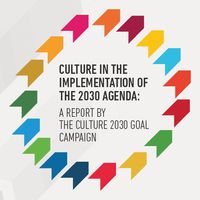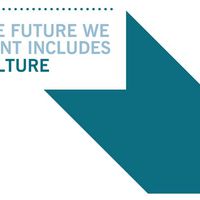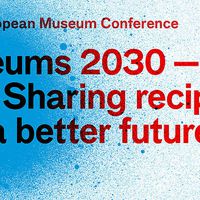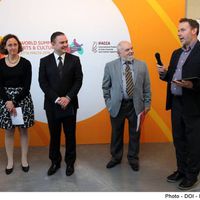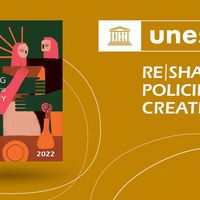IFACCA Publication ‘Culture as a Public Good: Navigating its role in policy debates’
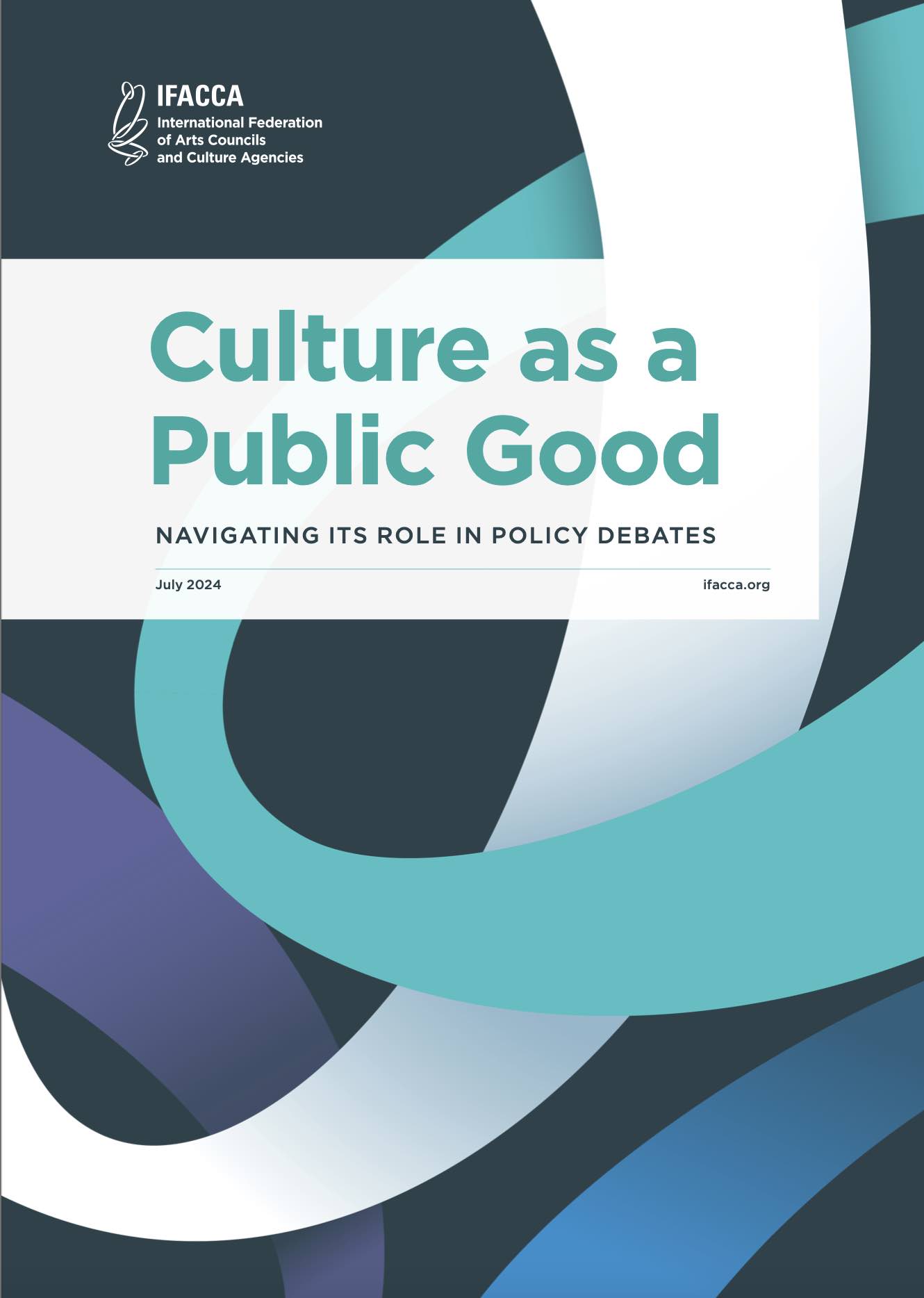
IFACCA has released its 2024 Extended Report ‘Culture as a Public Good: Navigating its role in policy debates’; the latest in its ‘Sustainable Futures’ series featuring insights from eight experts: Dwinita Larasati (Indonesia), Matina Magkou (Greece), Sonia Montecino (Chile), Maru Mormina (United Kingdom), Farai Mpfunya (Zimbabwe), Pablo Raphael (Mexico), Tarisi Vunidilo (Fiji), and Stephen Wainwright (New Zealand).
The concept of culture as a public good has gained momentum since the declaration for the UNESCO World Conference on Cultural Policies and Sustainable Development – MONDIACULT 2022 that emphasised the role of culture as a driver for sustainable development and asked the United Nations (UN) Secretary-General to integrate and anchor culture as a global public good in the UN agenda beyond 2030, as a goal in its own right. In May 2024, culture was recognised in the revised draft of the Pact for the Future under Action 7. This recognition heralds a new era for culture. As a global network of government agencies that advance arts and culture, IFACCA, is in full support of culture as a standalone goal in the post-2030 agenda, and will work closely with their members and wider network to support and strengthen the shared common agenda.
The discourse surrounding culture as a public good encompasses a wide array of perspectives and considerations, ranging from economic theory to social and political sciences. The recognition of culture as a public good holds significant implications for policymaking, resource allocation, and societal values. As outlined in the report, there is no singular definition or approach to understanding culture as a public good. Rather, it is a complex and multifaceted concept that requires ongoing debate, exploration, and refinement.
The chapters include ‘Southeast Asia: A Region of Dynamic Diversity’ by Dwinita Larasati, ‘Kia mua ka muri, walking backwards into the future: reflections for an arts strategy in Aotearoa New Zealand’ by Stephen Wainwright and ‘Participatory Practices in the Narrative of Culture as a Public Good: A European Perspective’ by Matina Magkou, among others.
Download the publication here.
What do you want to see more of on ASEF Culture360? You can let us know until 30 November: fill in the survey here!
Similar content
posted on
30 Sep 2015
from - to
07 Nov 2019 - 10 Nov 2019
posted on
15 Nov 2013
posted on
01 Dec 2015
posted on
08 Feb 2022

